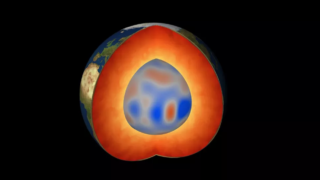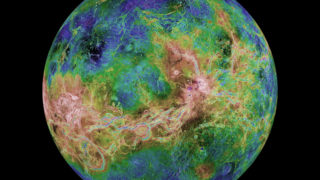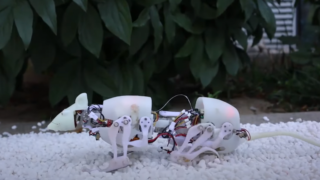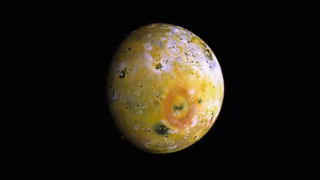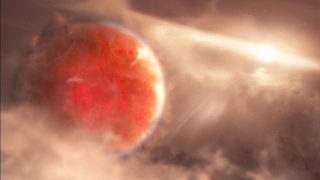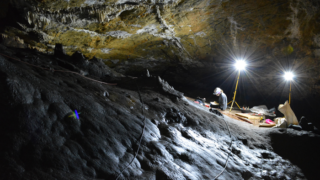
MI weekly selection #471
Milky Way’s closest quasar brimming with radio emissions Using a newly developed technique known as “self-calibration,” a team of Japanese astronomers has captured revolutionary photos of the closest quasar to the Milky Way, revealing a soft band of radio emission in the quasar’s galaxy. “By applying the same technique to other quasars, we expect to […]
